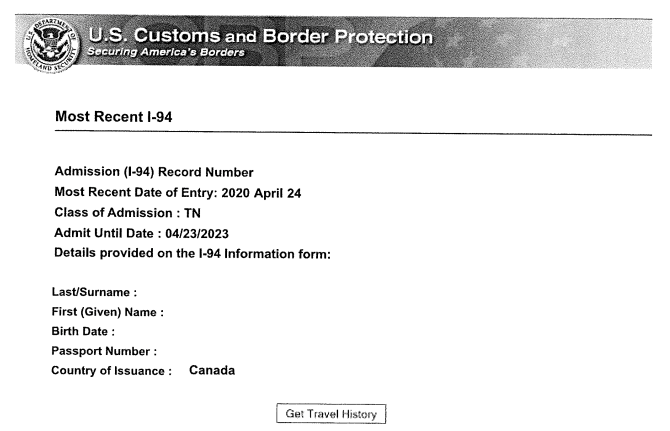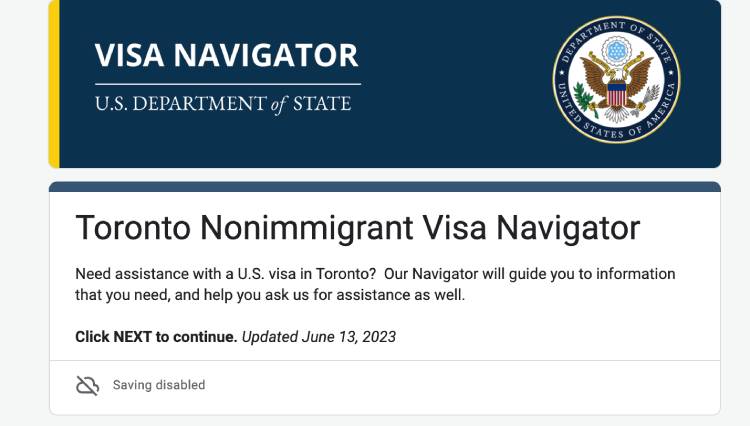Temporary Nonimmigrant Intent Explained
The TN Visa, designed for Canadian and Mexican professionals under the USMCA (formerly NAFTA), is predicated on the applicant’s temporary nonimmigrant intent, as outlined by 9 FAM 402.17 and INA 214(b). This means the applicant must demonstrate that their stay in the U.S. is temporary and that they do not intend to establish permanent residence at the time of their application.
No Automatic Negation of Intent by Immigrant Petitions
A critical clarification from U.S. Customs and Border Protection states that neither the filing nor approval of an immigrant petition outright negates an applicant’s temporary intent. The possibility of future immigration does not interfere with the temporary nature of a TN visa holder’s initial entry into the U.S.
Balancing Nonimmigrant and Future Permanent Intent
- Temporary Entry with Future Possibilities: While entry under a TN-1 or TN-2 visa must be with temporary intent, this does not preclude the holder from changing their intentions later. Many TN visa holders transition to permanent roles after an employer offers a permanent position.
- Pathways to Permanent Employment: Although TN status does not directly accommodate permanent employment, transitioning to an immigrant visa status is feasible. Common methods include marriage to a U.S. citizen or the permanent labor certification process (PERM), facilitating a smooth transition from nonimmigrant to immigrant status.
Conclusion
TN visa applicants must carefully manage their nonimmigrant intent while keeping the possibility of future immigration open. Understanding the legal implications and potential pathways for transitioning to permanent residency is crucial for maintaining compliance and achieving your long-term career objectives in the U.S.
Subscribe to Our Resources Blog
Schedule a Consultation with an Immigration Lawyer
Citations
- 9 FAM 402.17 – USCMA Professionals TN and TD Visas
- DOS: INA 214(b)
- TN Visa Intent Memo – Resources Blog – TN Visa FAQs – Richards and Jurusik Immigration Law – Buffalo NY







